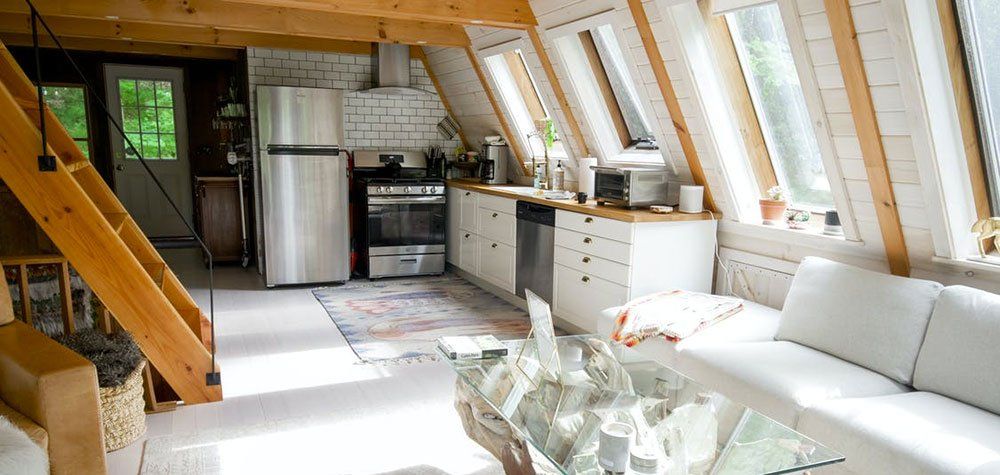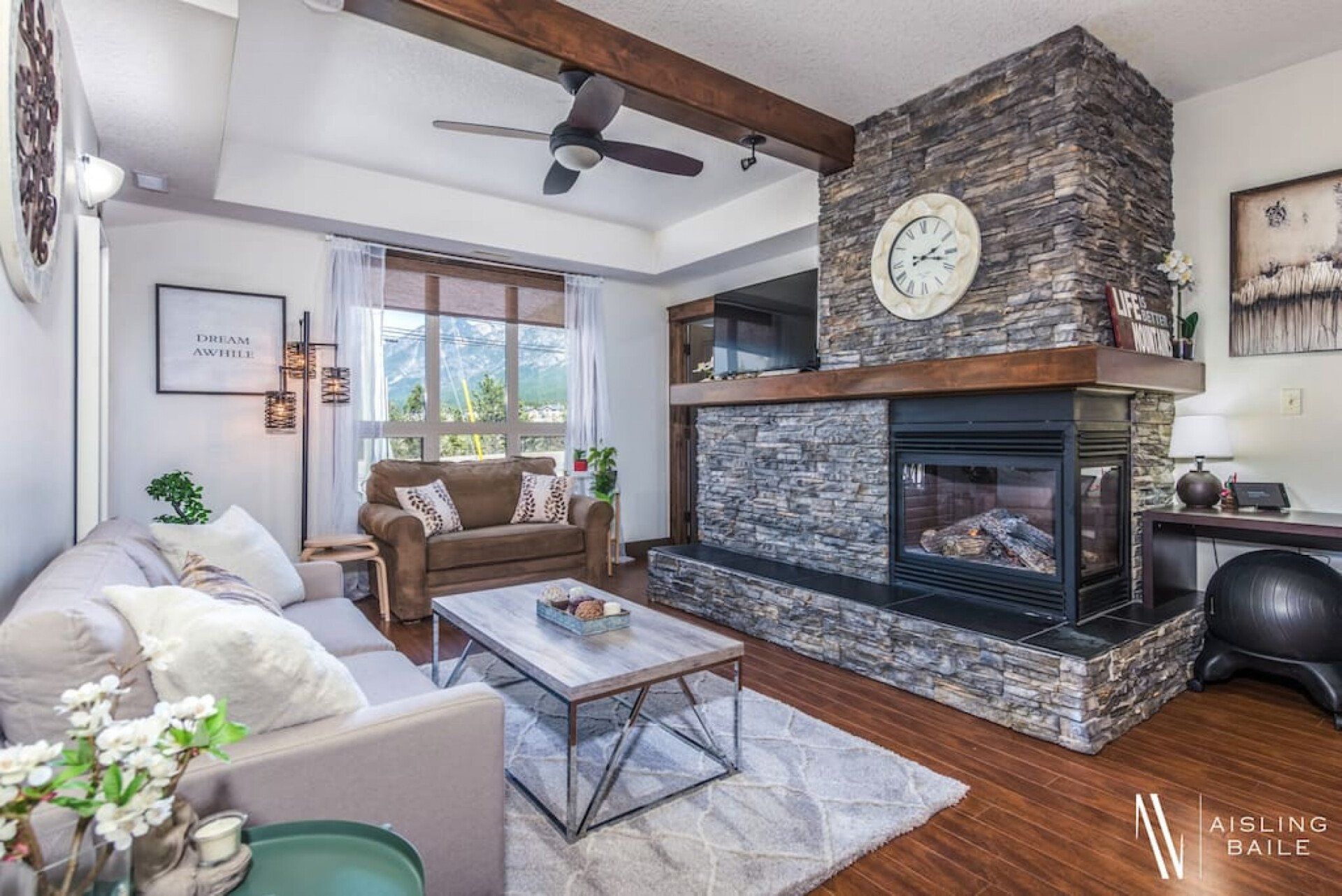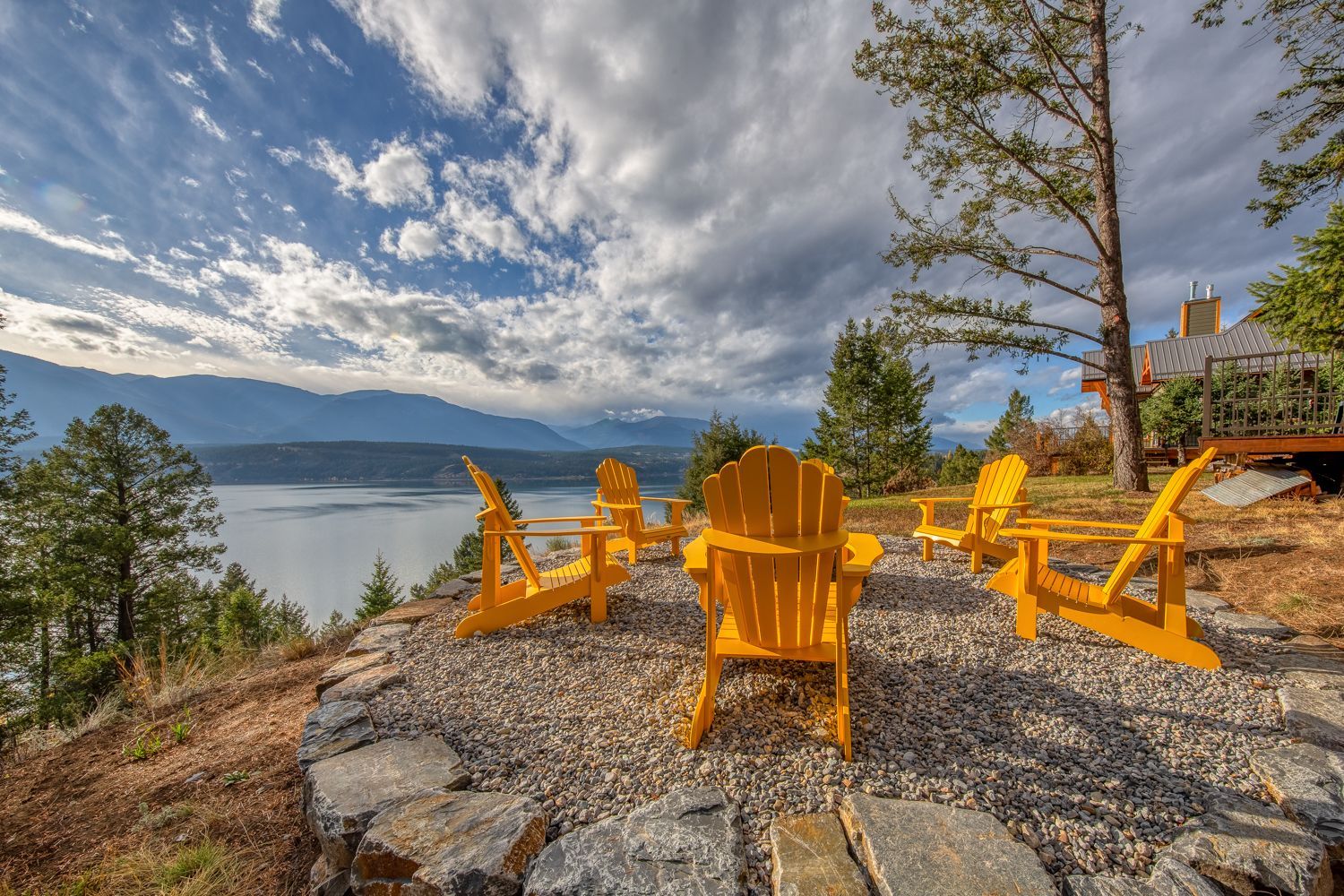Understanding Airbnb Rules in British Columbia
This is part 1 of a series of two posts
Airbnb and other short-term rentals (STR) platforms have radically transformed the decades-old vacation rental industry.
These platforms made operating an STR property much more accessible for average homeowners and aspiring investors. They also made staying at a vacation rental an easy alternative to the traditional hotel resort.

Operating an Airbnb can become a successful business, but you need to understand how to properly navigate the applicable regulations and by-laws first. Failing to adhere to Airbnb regulations can result in heavy fines or legal action and potentially losing your ability to operate altogether.
Are you a property owner looking to start an Airbnb business? Before buying an investment property or renting out your spare room, you need to understand both Airbnb policy and provincial or local regulations on STRs. Read on to prepare yourself for your new venture operating a BC Airbnb.
Note: None of this information should be considered legal advice. This article is a primer to help you understand everything involved with operating an Airbnb successfully. Consult a lawyer for legal advice or an accountant for tax-related questions.
About Airbnb Regulations
You might be excited and eager to learn how to run an Airbnb, but just like most businesses, you’ll have to navigate applicable regulations and tax implications to have a long-term business.
Airbnb works closely with countries, provinces, and cities to ensure that its platform can continue to operate per applicable laws and regulations. Even though Airbnb rules might be frustrating to navigate, abiding by Airbnb regulations is crucial for the platform to continue to operate in your city.
British Columbia instituted new regulations in 2018 that allow strata corporations to fine owners or residents up to $1,000 per day for violating strata bylaws about STRs.In addition, the provincial government specifies that other levels of government may have additional regulations to investigate and follow. For example, Vancouver limits STRs to primary residents only, making it a less-than-ideal location for operating an Airbnb for business purposes.
Why is Airbnb Regulation Necessary?
Overall, rules and regulations protect consumers who choose to stay at STRs, alongside minimizing the impact of Airbnbs on the local real estate market. For example, Vancouver’s strict regulations arose to prevent rental corporations from influencing housing availability.
Regulations might make opening your cool Airbnbs in BC more of a challenge than it would be in less regulated markets. Still, overall, these regulations help build consumer confidence in your STRs.
How Are Airbnb Short-Term Rentals Regulated?
You need a permit or business licence to operate an Airbnb in British Columbia. Fees vary depending on your location and may change over time, but you must obtain one before you start to avoid legal problems. Airbnb has already updated its platform to prevent unlicensed listings in British Columbia from being posted.
Licensing is the primary way that STRs are regulated. However, each local government may also have additional rules to consider, such as additional permits or business registrations.
Learn about Licensing Rules and taxes for Airbnb short-term rentals in British Columbia



